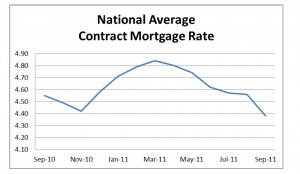
The benchmark rate now stands at 1.75 to 2 percent. It’s the first time the rate has reached that level since 2008, when the economy tanked while the feds were hoping to get rates down to zero.
The recent action indicates the Fed has confidence in the current economy and that it has enough strength to accommodate a slight increase in borrowing costs. The increase is evidence that recovery from the 2008 recession is strong.
The current increase is the second this year and the seventh since the recession.
While announcing the increase, the federal agency also indicated that two other jumps in the prime rate are likely this year.

